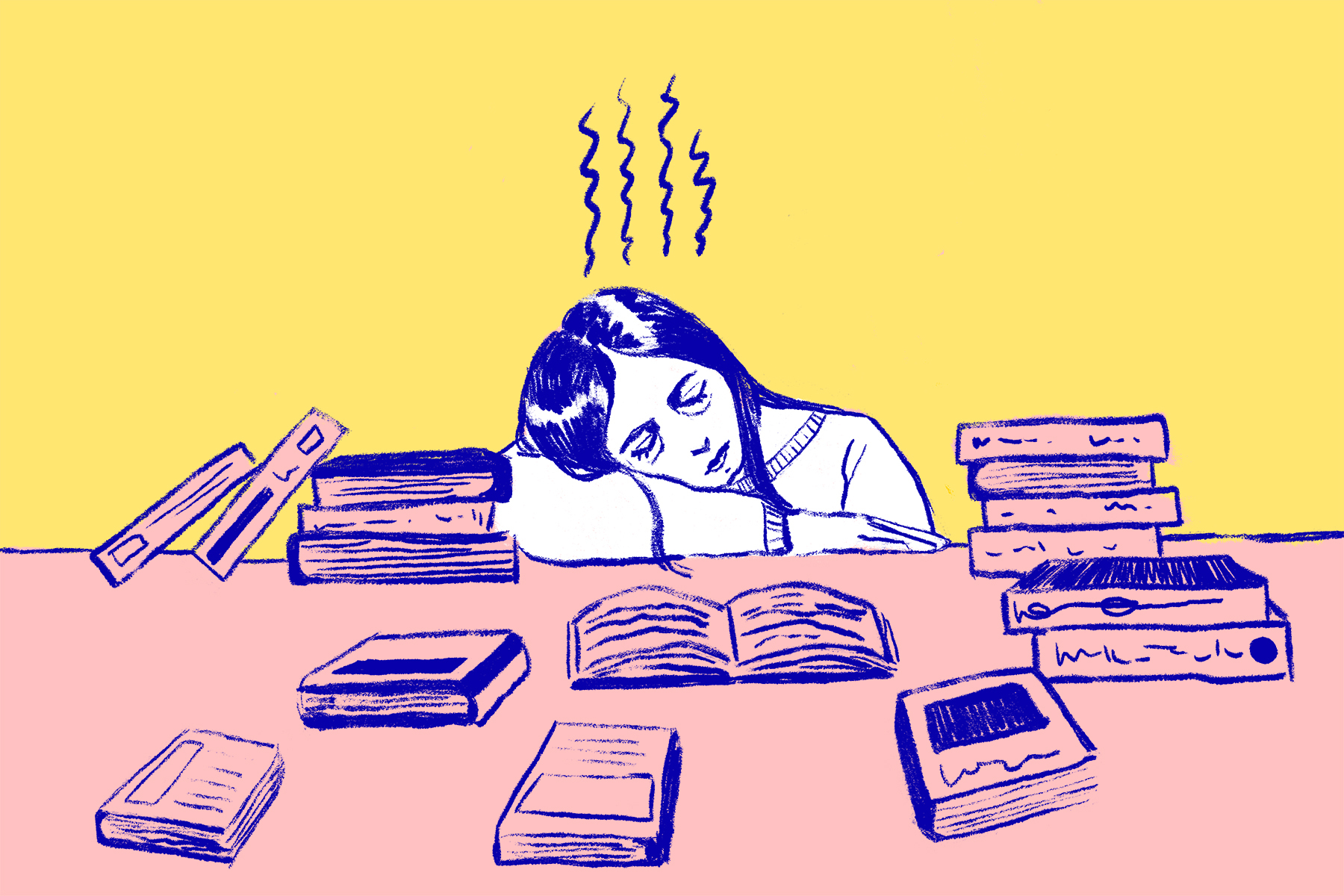Goodreads is an online platform that is meant for users to keep track of, as well as rate and critique books. If you’re a Goodreads user, the Reading Challenge is no stranger to you. Every year, the website or app asks you the question: “How many books are you going to read this year?”
Goodreads was founded in 2006 and launched in 2007. By December of that year, it had 650,000 members and 10 million added books. In March of 2013, Amazon acquired Goodreads, which helped their base grow by 20 million members. In July of last year, the site had 90 million.
In 2009, they created their award program called the Goodreads Choice Awards. Every year, readers nominate their favorite books in each category or genre and users vote for their favorites to become that year’s Goodreads choice.
The challenge asks you to enter the number of books you’re willing to read during a year. After that, a tracker is added on your main page that tells you how many you’ve read so far and whether or not you’re on track to complete your goal.
As soon as you were able to connect with friends on the site, it became more of a social network than a regular reading-tracker app. But it’s also what gave Goodreads more appeal, particularly to those who are nosy enough to want to know what their friends are reading. Although, it’s not just about nosiness; it has also provided the book-loving community a way to expand their reading tastes and to discover new books. I’ve found some of my favorites, thanks to it.
It has a search bar where you can find over 300 million books. Under it, you can search by genre, whether you like romance, non-fiction, horror, science fiction, biography, fantasy and more. You can build your own virtual library, including your own bookshelves where you can categorize books you want to read, your favorite reads or even those you couldn’t finish.
It’s an incredibly useful tool, but it begs the question of just how effective the challenge part is for our reading habits. Does it benefit us by motivating us to read more? Or does it pressure us to read, completely dismissing reading for fun and escaping the present? And what happens if we don’t complete the challenge? Will it make us feel bad about ourselves for not reading X number of books? Or on the contrary, if we do complete it, does it feed our ego and make us feel good about ourselves?
To answer these questions, I asked some of the users about their feelings toward the Goodreads Reading Challenge.
Esther, for one, has been using Goodreads for a little over a year. She uses it regularly, updating it for every book she reads, even creating some of her own bookshelves, such us “read-to-buy-in-the-future” and “read-without-physical-copy.”
She has participated in the Reading Challenge and, this year, she set out to read 20 books, which she has surpassed. I asked her how she perceived the challenge: as beneficial or detrimental. “I, personally, see it as token economy,” she told me. She explained that it basically means we receive psychological “tokens” based on a completed task. She finds it beneficial, as a way “to gain better results.” For this particular user, it has become a way to motivate her to read more. And it’s seen fruition since she even exceeded her initial goal.
Paula is another user I decided to pose this question to. She also participated in this year’s challenge, but due to personal responsibilities, she hasn’t completed it (at least not yet; there are still a few weeks left of the year). She told me she also thinks the challenge is beneficial. At first, anyway.
“It’s a way to motivate you to read and I see it as a long-term goal that, if you do complete, can feel very successful to oneself,” she says. “However, at the same time, if you see yourself getting behind the challenge, it can have the opposite effect.”
So, she believes there are two sides to it. It is beneficial to your reading habits, but at the same time, if you find yourself being held back from it, it seems to do more harm than good. She also mentioned comparing yourself to your friends.
Like I said previously, this app has become very similar to social media, since you can connect with your friends and stay connected by following what they’re reading. This includes the Reading Challenge. Your feed will display how many books they’ve decided to challenge themselves with and whether they’ve completed them or not.
Marina, the last user I asked this question to, also said something about comparison. “I think it’s a way to indulge in competitive spirit amongst your friends,” she tells me, “and I don’t like that.” Marina does not participate in the Goodreads challenge.
She finds it overwhelming and oppressing. “I prefer not to have a count of the books I’m going to read, otherwise, I’ll just be thinking about it constantly rather than actually enjoying them.”
These are all valid points that different people will relate to, whether you see it as 100% beneficial, as a double-edged sword or you find it confining and unhelpful for your reading. Despite the challenge, Goodreads is still an amazing resource to faithful readers — just to keep track of your reading, to find new books or to write reviews for them.

















